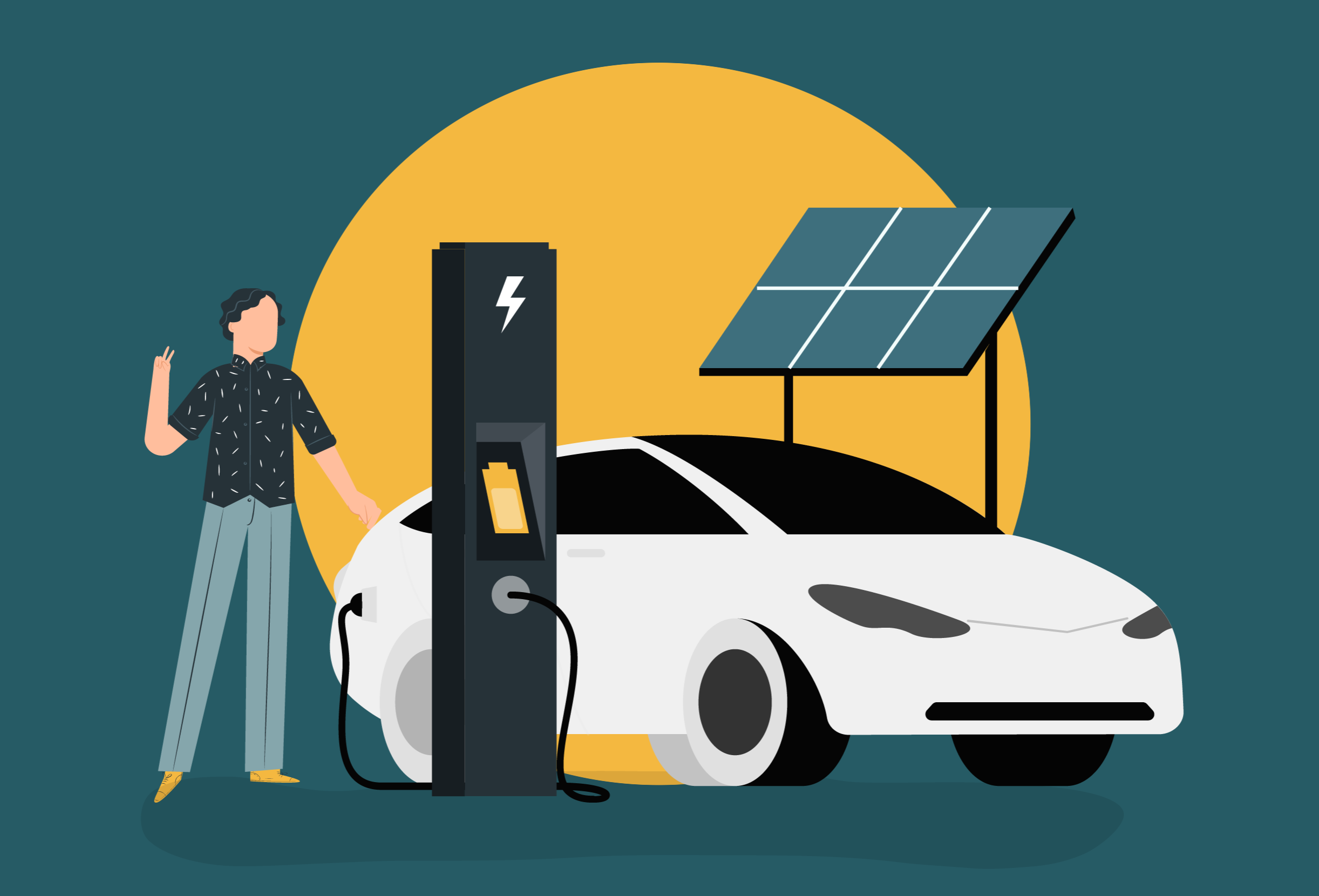The Hygge Blog
Enjoy our blog!
Tell us what you’re thinking!
Can breakthrough technologies like blockchain and AI help the millions of people who do not have access to reliable energy? Can we meet our decarbonization targets through edge computing? How can technology ensure high return on investment in energy generation projects? If you have an interesting take on the energy scenario, send us your articles, and we will publish the most creative and thought-provoking submissions.
Collaborate with us to solve the problems faced by the energy industry. We at Hygge Energy are looking for people who are passionate about technology and its application for solving the most pressing energy challenges facing us today. If you want to work with us, drop us a line!
All Blog Posts
Optimizing Energy Trading with AI and Blockchain: A Game-Changer for the Energy Market
Optimizing Energy Trading with AI and Blockchain: A Game-Changer for the Energy Market
A peer-to-peer (P2P) energy marketplace can transform how energy is traded. Homeowners with solar panels earn by selling surplus power directly to their neighbors, while EV owners can bid to charge their vehicles at the lowest possible price. The result is a dynamic marketplace driven by smart, cost-effective decisions made in real-time. Sounds like the future, right? In reality, today’s energy trading platforms face significant roadblocks. Fluctuating energy prices and the lack of decision-making tools leave buyers and sellers scratching their heads over the right bid price.
The result? Missed opportunities, frustration and inefficiencies.
At Hygge Energy, we’re changing the game by blending AI and blockchain to create a smarter, more transparent energy trading experience. Let’s dive into how we’re tackling these challenges with a powerful Bid Price Recommendation System designed to empower users and revolutionize energy trading.
Hygge Energy at CII’s 12th GreenCo Summit: Carbon Markets and the Way Forward
The Confederation of Indian Industry (CII) invited Raj Krishnamurthy, Co-founder and CTO, Hygge Energy, to speak at their 12th GreenCo Summit on July 13, 2023
In his talk, Raj shed light on the carbon market, which is currently valued at 1 trillion dollars and is growing at a CAGR of 18.23%. However, before we go any further, there is a need to engage with all the stakeholders involved and simplify participation to encourage involvement from all industry members.
How to Use Rooftop Solar to Achieve Net-Zero Goals
In this interview with Electrical and Power Review (EPR) Magazine, Hygge Energy CEO Prateek Saxena reveals how to realize the potential of solar energy from a practicable and tactical perspective.
Prateek elaborates on solutions to the following challenges for achieving PM Modi's commendable "One Sun One World One Grid" initiative:
1. Massive costs of achieving net-zero for countries: $2 trillion per year till 2030
2. Energy poverty: utilizing renewable energy as a solution
3. Technical and business model challenges: from Hygge's experiences implementing projects
Economic Impact of Renewable Energy in Nigeria
Nigeria has one of the lowest GDP per capita in the world despite its abundance of natural resources. With a stable and affordable power supply through the use of renewable energy sources, some of the positive impact it could have on GDP is: Reduction in Cost of Production, Increased Business Activities, Increase in Foreign Direct Investments (FDI), Reduction in Unemployment, Reduction of Inflation, and an Additional Income Source.
Exploring Renewable Energy in Nigeria
Nigeria has an abundance of natural resources to generate renewable energy, yet almost half of the country lives without electricity. Fossil fuels account for 86% of Nigeria's energy generation,
Hygge can help by provide reliable energy through its energy trading platform while ensuring efficient use through redistribution to households, businesses, and communities that need solar power.
State of Electricity Mix for EV Charging
Electric vehicle adoption comes with a demand for electricity. How clean is the electricity fueling these vehicles? What proportion of EVs are really zero emissions? EVs are significantly less polluting than petrol and diesel-powered cars as they do not produce tailpipe emissions. However, the carbon footprint of EVs can be attributed primarily to the manufacturing process and sourcing of energy.
















